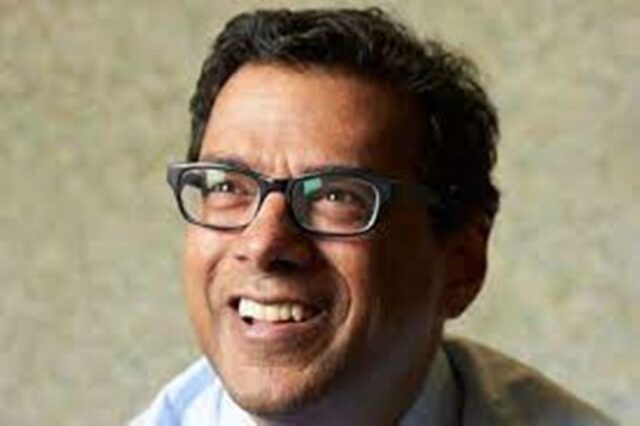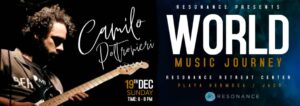The Costa Rican health system was set out as an example for the United States to follow according to Harvard Medical School professor Atul Gawande.In the article “Costa Ricans live longer than we do. What is the secret?”, He stressed that unlike the North American nation, public health in Costa Rica is a priority.
“It is extraordinary to see that a country that went from having a life expectancy 13 years shorter than that of the United States to equaling it in the 20 years that followed the launch of its public health programs, with only one sixth of the per capita income of the United States,”said the doctor.
The study also highlights that the country is on the way to approaching 81 years of life expectancy (in the US it is 79 years); the second highest in the continent only behind Canada.
In the contribution of the Harvard doctor, the history and work of the Costa Rican Social Security Fund is related so that the country has an exemplary health system for the region.
“A recognition”
“It seemed to me a huge recognition of a country that has had clear policies and, more importantly, that have transcended governments,” says former Costa Rican Minister of Health María Luisa Ávila about the article.
According to the Pan American Health Organization (PAHO), the Costa Rican system “has been a benchmark in the region for its orientation based on the Primary Health Care Strategy and its good results.”
This was stated in the report “Profile of the Costa Rican health system and services” of 2019. And the Secretariat of the Organization for Economic Cooperation and Development (OECD) indicated in 2017 that “the Costa Rican health system it is widely seen as a success story.”Dr. AtulGawande is founder and president of Ariadne Labs, a center for health systems innovation, and has written for The New Yorker since 1998.
Matter of decades
According to Gawande, “in Costa Rica public health has been a priority for decades.”The Costa Rican Social Security Fund (CCSS) was created as a semi-autonomous entity in 1941, during the administration of President Rafael ÁngelCalderón Guardia, and two years later it was reformed, becoming an autonomous institution destined to the care of the working population through a tripartite system financing.
But it was in the 70s, says Luis Rosero, an expert in demography, when it was established as the current system, for the implementation of the universal Social Security system.
In that decade, Gawande wrote, Costa Rica concentrated on combating maternal and infant mortality, reinforcing pre and postnatal care, maternal deaths between the 70s and 80s were reduced by 80%.
In the mid-90s, Rosero points out, a new reform of the health sector was carried out, which was different from those of many countries in Latin America, in which they tended to privatize. “Not in Costa Rica, what is done is return to the idea of reaching the most needy, most neglected population through small clinics called the EBAIS (Basic Comprehensive Health Care Teams)”.”This is extraordinarily successful: people’s accessibility is improved, inequities are reduced.”

How does it work?
Public insurance covers approximately 95% of the population. However, health benefits cover 100% of the inhabitants.The 5% of uninsured include, for example, informal or temporary employees, undocumented immigrants, certain refugees, some indigenous groups.The Fund is financed by contributions from members, employers and the State.
Between 2011 and 2016, the country invested in health, on average per year, 8% of the Gross Domestic Product, the Ministry of Health reported in 2019.The country is divided into health areas that have “an assigned population of between 15,000 and 40,000 inhabitants in rural areas and between 30,000 and 60,000 inhabitants in urban areas,” indicates PAHO.
Education for the Rich? What are the Real Costs of Colleges?
And 1,045 EBAIS operate in these areas, considered the basis of the national health care system, which have five members, including a doctor and a primary care technical assistant (ATAP).
During his time in Costa Rica, the work of these ATAPs impressed Gawande with their professionalism and commitment. He remembers one in particular who, riding his motorcycle, brought COVID-19 vaccines to patients who could not travel to their local clinics.
Each EBAIS keeps a “family file” for each household in its charge and according to the priority with which that family is classified, they are visited once, twice or three times a year.
What can the United States learn?
Gawande indicated that unlike the United States, the Costa Rican system prioritizes the general population and their main health needs.Additionally, North American healthcare is largely independent, while Costa Rica shows the benefits of integrating both healthcare and public health: spend less and get better results.
“I think the finding that Costa Rica can achieve so much, even with modest income, suggests that there are many opportunities in other countries as well.” Gawande concluded.


